Hearing Milestones
Hearing loss is the leading cause of delayed language development, according to the American Medical Association's (AMA) Complete Guide to Your Children's Health. When your baby is awake and alert – and does not have a cold or ear infection – which can temporarily affect his or her hearing – the baby should startle at loud, sudden noises. The baby should also calm and turn to you when hearing your voice and react normally to nearby sounds.
While children learn language at different rates, the list below is a general timeline of development milestones. The milestone schedule for premature babies may vary by a few weeks or months.
If you are concerned that your child is not meeting these milestones within several weeks of the average, you should consider having your child's hearing tested and discuss your concerns with your pediatrician.

-
Birth to 3 Months
- Startled by loud sounds
- Soothed by caretakers' voices
-
3 to 6 Months
- Reacts to the sound of caretakers' voices
- Turns eyes and head in the direction of the source of sounds
- Enjoys rattles and noisy toys
-
7 to 10 Months
- Responds to his/her own name
- Understands "mama," "dada," "no," "bye, bye" and other common words
- Turns head toward familiar sounds, even when he/she cannot see what is happening: telephone, person's voice, dog barking or paper rustling, familiar footsteps
-
11 to 15 Months
- Locates or points to familiar objects when asked
- Imitates and matches sounds with own speech production (though frequently unintelligible), especially in response to human voices or loud noises
- Understands words by making appropriate responses or behavior: "Where's the dog?" "Find the truck."
-
15 to 18 Months
- Identifies things in response to questions, such as parts of the body
- Uses a few single words; while not complete or perfectly pronounced, the words should be clearly meaningful
- Follow simple spoken directions
-
2 Years
- Understands yes/no questions
- Uses everyday words heard at home or at daycare/school
- Enjoys being read to and shown pictures in books; points out pictures upon request
- Interested in radio/television as shown by word or action
- Puts words together to make simple sentences, although they are not complete or grammatically correct: "Juice all gone" "Go bye-bye car"
- Follows simple commands without visual clues from the speaker: "Bring me that ball." "Get your book and give it to Daddy."
- Says or sings short rhymes and songs; enjoys music
- Investigates noises or tells others when interesting sounds are heard: Car door slamming; telephone ringing
- Vocabulary approximately 270 words
-
3 Years
- Understands and uses simple verbs, pronouns and adjectives: Go, come, run, sing, me, you, him, her, big, green, sweet
- Locates the source of a sound automatically
- Often uses complete sentences
- Vocabulary approximately 1,000 words
-
4 Years
- Gives connected account of some recent experiences
- Can carry out a sequence of two simple directions: "find your shoe and bring it her." "Get the ball and throw it to the dog."
-
5 Years
- Speech should be intelligible, although some sounds may still be mispronounced-such as the "s" sound, particularly in blends with other consonants (e.g., "street," "sleep," "ask.")
- Neighbors and people outside the family can understand most of what your child says and his/her grammatical patterns should match their most of the time
- Child carries on conversations, although vocabulary may be limited
- Pronouns should be used correctly: "I" instead of "me" "He" instead of "him"
